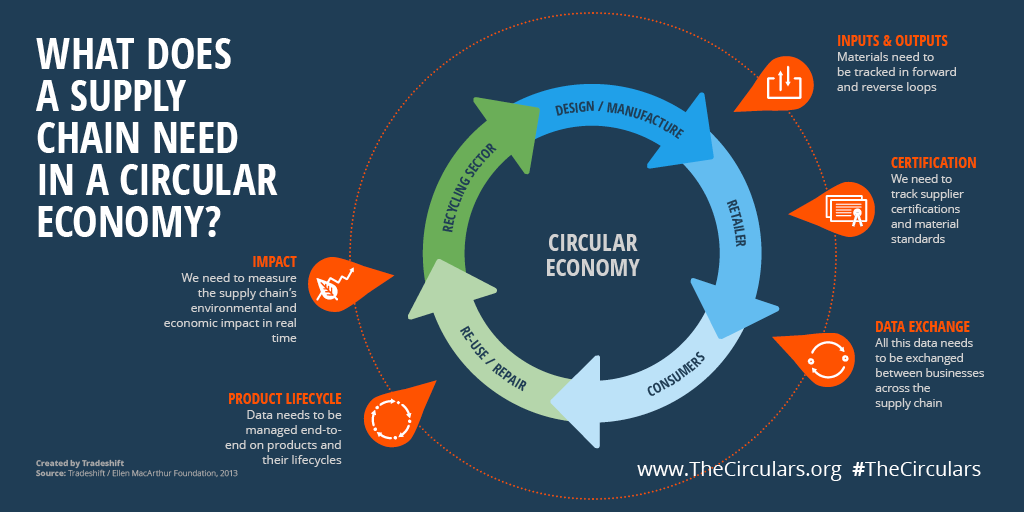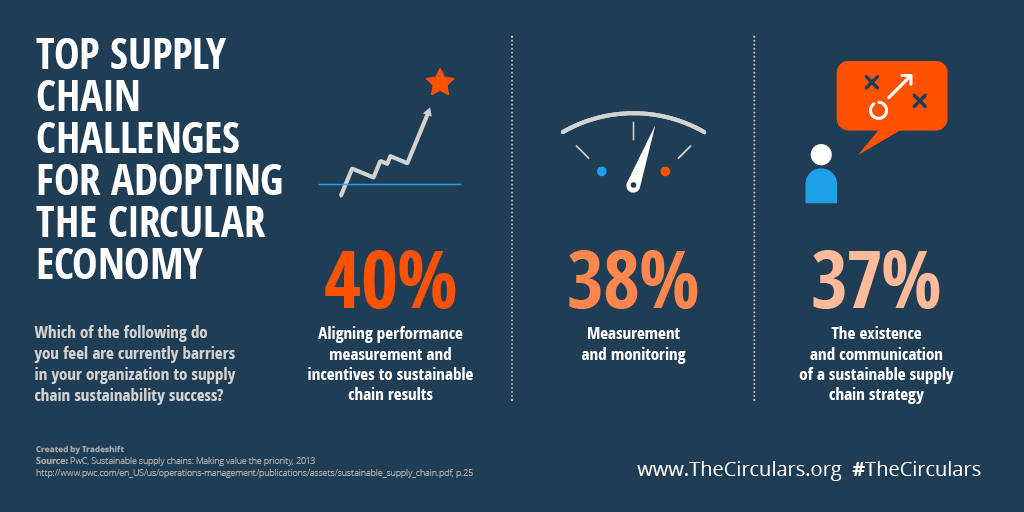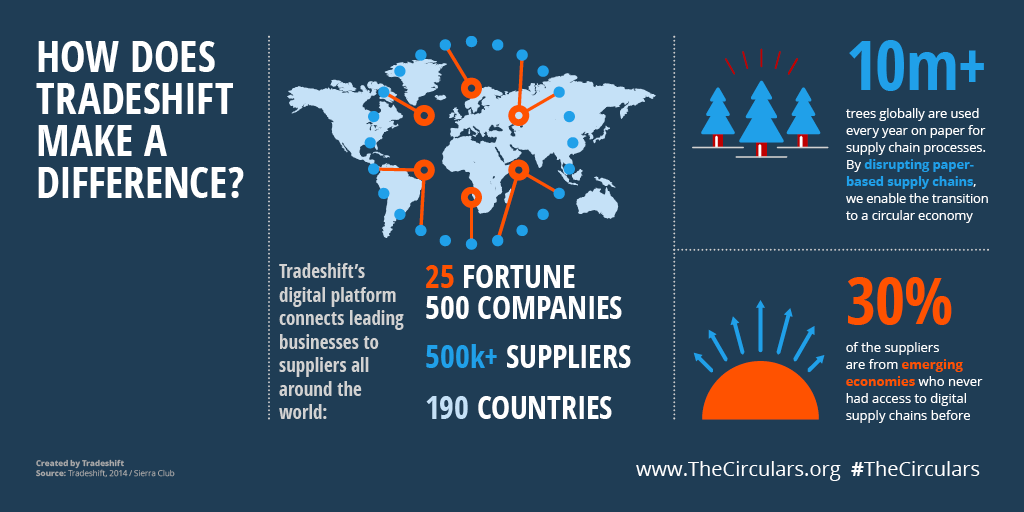
Date: 2026-03-05 Page is: DBtxt003.php txt00008802
CIRCULAR ECONOMY
TRADESHIFT
Circular Economy Infographic
TRADESHIFT
Circular Economy Infographic
Peter Burgess COMMENTARY
Over time, my thinking has gone from a 'point' focus, to a 'line' and eventually to a 'circle'.
Nature or the natural world, left to its own devices operates as a 'circular' system ... and does it with amazing effectiveness.
I have been lucky. I was educated and trained with a more diverse range of subject matter than most and at a reasonably high level ... Cambridge University engineering, Cambridge economics, Chartered Accountancy (England and Wales - London - Cooper Brothers) ... followed by more than six decades of experiential learning that has taken me to more than 50 countries around the planet.
In some ways. my core interest is engineering and technology. For me it serves to explain a lot of what I see in the world around me ... specifically the capabilities, progress and performance of almost everything.
My academic exposure to economics was something of a 'wake-up' call. I was influenced by Joan Robinson and other Keynesian collaborators but not so much by the emerging field of econometrics. Aftre engineering, the sloppiness of economic calculations was difficult to stomach and explains for me why so much public policy does not work as intended! I will always be grateful to my economics tutor, Andy Roy at Sidney Sussex College who guided me to a very useful understanding of the strengths and weaknesses of economic analysis that has informed me for now for many decades!
I started an 'industrial management career' in Sheffield with Davy-United, a manufacturer of heavy equipment for the metallurgical industry ... rolling mills, blast furnaces, etc. The company was building new steel mills around the world in support of the world-wide post-war (WWII) industrial expansion boom. But something was very wrong, and my education had been good enough to identify the fact that something was wrong but not enough to identify what would have made it right.
The company's main machine shop was an impressive place with machine tools that would remove a huge amount of metal from massive steel castings at a rapid rate ... but while some of the machines were new, there were many that dated back to before WWI ... that is they were already more than 50 years old in the early 1960s. But worse, the whole structure of the company was based on 'thinking' that was outdated and more suited to the 1930s than the 1960s!
I realized how compromised the company was when my 'training' took me to the 'pricing department' and I learned that the main metric was to price the company's products based on the weight of the product. This had worked for more than a century, so why change? The problem was that everything mechanical was now incorporating hydraulic and even electronic elements that were a fraction of the weight of steel mechanisms ... and being priced on the same basis.
The company's engineers were world class ... the factory was old but did very good work ... but the commercial dimension of the company was a disaster and the management essentially incompetent. While they knew something was wrong and had made a commitment to 'management reform' they had no idea what that would need to be.
I was 22 years old, and while I knew something was dreadfully wrong. I did not have any idea of how the problems could be resolved. I do not remember how it came about, but I did get to meet the company's Finance Director in a social setting and had the opportunity to talk about my own career path and how what I was doing at the company would fit in. He was a Chartered Accountant, and suggested that training as a Chartered Accountant might be a good idea.
Fast forward ... a month later I was on vacation in London having interviews with more than a dozen of the top accounting firms in the UK. It was fascinating with some of the accounting firms firmly committed to staying in the Victorian era and some pushing hard to get into the modern ... as of 1962 ... era. Some required me to 'pay' a premium to join the firm as an 'articled clerk' but one or two were prepared to pay me a modest salary while training as a Chartered Accountant. One of these was Cooper Brothers & Co (CB&Co) which seemed to meld the best of old professional accounting values with modern possibilities. I applied to join their next intake and was accepted. Six weeks later I was in London ... and the rest is history.
Peter Burgess



